WFDD/WAKE FOREST COMMUNITY CONVERSATION/WORLD CAFÉ ON HUNGER & FOOD INSECURITy
10 Policies Rated Highest on Impact/Feasibility
*Highest-rated at top in each case; descending order.Note: The Backpack Program counts as one, although it is listed under two categories.]
Access
1. Expand the current Backpack Program
∙ Reach all Title 1 schools in Forsyth County (currently: 12 Title I schools not participating).
∙ Identify other county school with higher percentage of lower-income students (not all Title I)
∙ Teach staff at all schools to identify students with nutritional needs
∙ Coordinate with local food banks to supplement or complement students’ take-home food
2. Bring ‘Share the Harvest’-style program (Guilford County) to Forsyth County.
Neighborhoods
1. Expanded/Enhanced Backpack Program: Review existing Forsyth Backpack Program, comparing to others around state/region; with added resources, scale a revised program broadly. Also educate backpack recipient school-aged children on importance of nutrition and exercise.
2. Food Drives: Community-based/organized (city-subsidized?) food drives, preceded by regular meetings to talk about community food baskets and reducing food waste.
3. Community Gardens: Support gardens in each geographic district of Winston Salem; easily accessible/useable by community members.
4. Neighborhood Spaces: Create incentives/support use of schools and churches (when not in use) as a gathering spot to educate communities on nutritional practices, cooking, gardening.
Stigma
1. Breakfast in Class program: Expand current offering, to include higher proportion of needy children, working both school by school (Title I & beyond) and within schools. The more kids receiving assistance, the less stigmatized recipients will be.
2. Social Media promotion to extol benefits of SNAP, WIC, other nutrition-support programs.
3. ‘Humans of Winston Salem’ book/web project. Work with existing web presence to expand and make more visible—and deliberately include and highlight food-insecure members of our community, especially those receiving program assistance.
4. Incorporate government free/reduced-price meal offerings/subsidies into popular local programs, such as HOPE.
5. Connect culinary students to local needy areas/young residents; teach how to prepare food, both for selves/families and as pipeline to work as professional chefs/food preparers.
